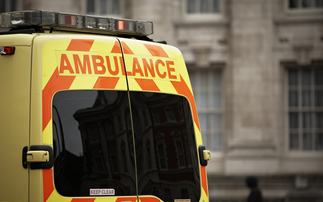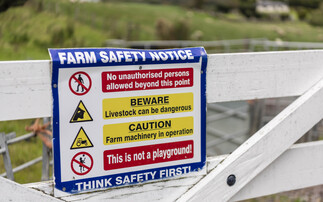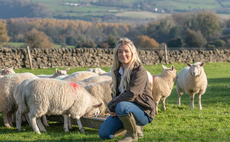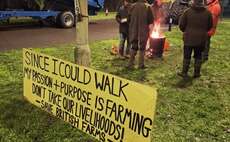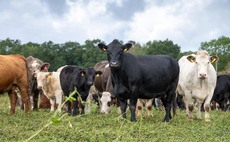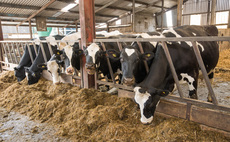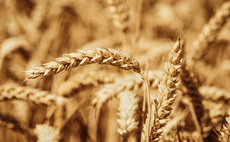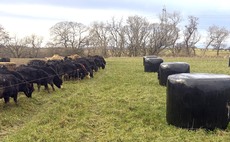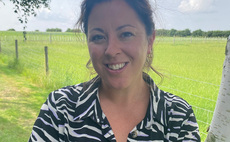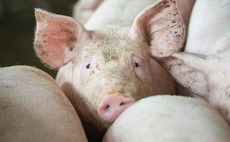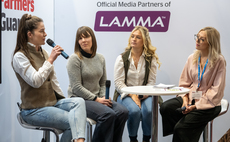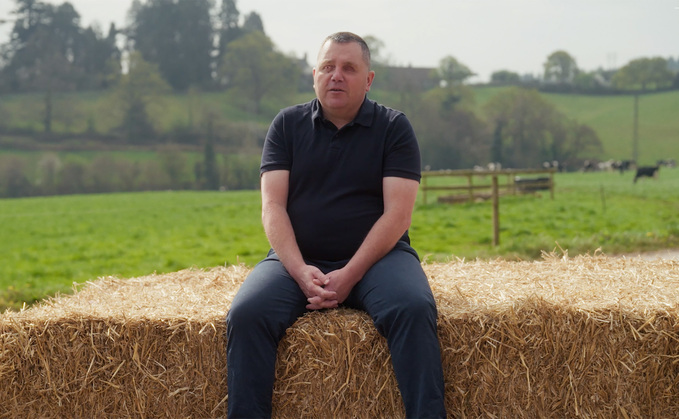
While helping a colleague clean the dairy parlour, Mr Warner had not realised milkstone remover had been poured into the hand sprayer, which resulted in a splash of chemicals to his eyes when he placed it on the floor.
Unaware of how serious the situation was, Mr Warner proceeded to wash the chemicals out of his eyes in hopes to return back to work.
"Getting chemicals into my eyes was something that had happened before with dairy farming. It does happen from time to time. But this time I was screaming," he said.
"I thought, it is sore, but it will be okay. Then all of a sudden it started really burning, and on my skin as well. That is when I really started to panic."
READ MORE: Farm Safety Week: Farming still the UK's most dangerous profession
From here, Mr Warner was taken to hospital for six weeks. Still having very little eyesight at this point he kept hope that it may return after all the treatment.
Due to the difficulties of learning to live without sight he moved back to Gloucestershire to live with his mother.
A couple of months later Mr Warner's eye treatment was changed, and it was this moment when it was lost completely.
"I have lost everything. Ever since I could stand up, I was on farms. For 30 years to then just suddenly loose that," he said.
"I have got a 12-year-old daughter, that was hard. She was about to start school, she has been fantastic, but I have not been able to do the things with her that I would have liked to have done."
Things have looked up for Mr Warner now, having moved into his own home and marrying and old friend.
Mr Warner said: "Stop and think. Make sure you have the protection you need because you think you are invincible, but that day my luck ran out."
READ MORE: Farming continues to have the highest rate of worker fatalities per capita
Eye protection is one of the areas focused on in Farm Safety Week, which runs from July 21.
Stephanie Berkeley, manager at Farm Safety Foundation said: "Your eyes are the most important organs in your body, but they are very very vulnerable.
"We have researched and found that farmers are unlikely to wear eye protection when doing simple jobs."
For the thirteenth year of the campaign, the foundation is focussing on that unlucky number thirteen and addressing why farming is unlucky for some.
Ms Berkeley said: "We do not need to tell farmers what to do to protect themselves. Farmers know what to do. It is a gentle reminder about how important they are.
"It is your health, your safety, your choice. But you have got to be able to be at peace with the fact that you are going to live with the consequences."









